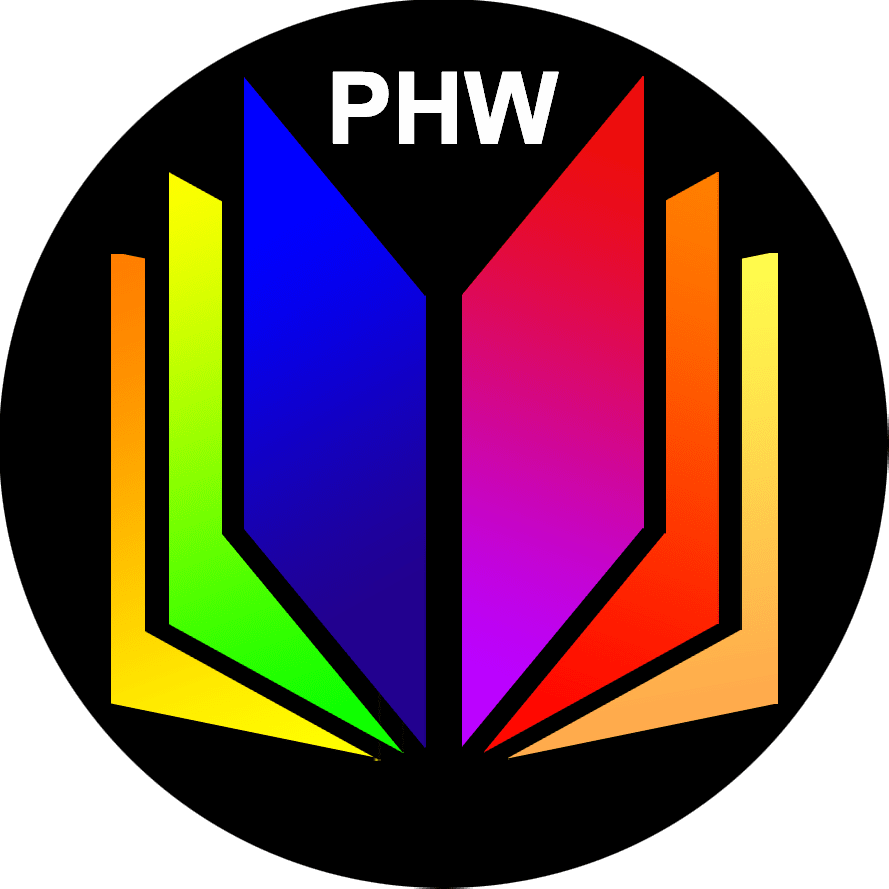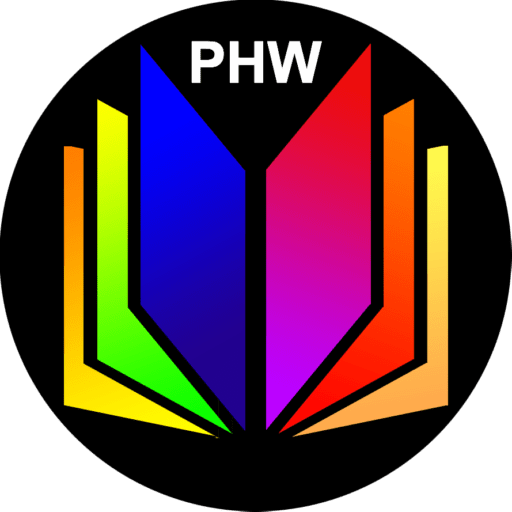In the world of literature and non-fiction, the role of an Author as Researcher is pivotal. Beyond the craft of storytelling and the finesse of prose, authors must delve deeply into the fabric of their subjects to ensure the accuracy and credibility of their content. This comprehensive exploration focuses on how authors harness various research methodologies to enrich their writings, providing readers with not only engaging narratives but also factually precise and reliable information.
The Importance of Research in Authorship
For any Author as Researcher, the quest for authenticity begins with an understanding that their work could inform public opinion, shape academic discourse, or offer a factual recounting of historical events. The responsibility is immense, whether crafting a novel that feels true to its setting or compiling a non-fiction book that could educate or influence its readership.
Methodologies for Effective Research
- Extensive Reading and Literature Review
The foundation of any research involves extensive reading. For authors, this means immersing themselves in a wide range of sources related to their topic. Historical writers might pore over archives and periodicals to capture the essence of the era they are writing about. Similarly, authors writing on scientific topics delve into journals and studies to ensure their interpretations are up-to-date and based on empirical evidence.
- Interviewing Subject Matter Experts
Interaction with experts provides depth and perspective that secondary research may not offer. This is particularly crucial for authors dealing with complex subjects like technology, medicine, or specialized historical events. Interviews with professionals or academics can unveil nuances and details that are not readily available in written sources, lending a voice of authority to the narrative.
- On-site Visits and Field Research
There is a unique authenticity that comes from being physically present in the location about which an author is writing. Novelists may visit areas their characters inhabit to describe settings with vivid accuracy. Similarly, a non-fiction author might spend time in a specific community to better understand and describe its socio-economic conditions and cultural nuances.
Challenges in the Research Process
The journey of an Author as Researcher is fraught with challenges. Accessibility to sources, the reliability of information, and the interpretation of data are significant hurdles. In historical research, for instance, biases in source material can skew the portrayal of events. Similarly, scientific research can be misinterpreted if not understood in its entirety.
Integrating Research into Writing
Once the research phase is complete, the next challenge is integration. This involves weaving information seamlessly into narratives without overwhelming readers or disrupting the storyline. For non-fiction authors, the challenge is to present data in a manner that is digestible and engaging.
Ethical Considerations for Authors as Researchers
Ethics play a crucial role in research. This includes the accurate representation of data, giving due credit to primary sources, and avoiding plagiarism. The integrity of an Author as Researcher significantly impacts their credibility and the trust readers place in their work.
Technology and Research
Advancements in technology have transformed how authors conduct research. Online archives, digital libraries, and specialized databases have made information more accessible. Software tools for data analysis and management can also aid authors in handling extensive data efficiently.
Conclusion: The Ever-Evolving Role of the Author as Researcher
In conclusion, the role of an Author as Researcher is a blend of curiosity, diligence, and integrity. It requires a commitment to truth, an eye for detail, and the patience to sift through vast amounts of information. As the publishing landscape evolves, so do the tools and techniques at an author’s disposal, enhancing their ability to research and tell stories that are not only compelling but also conscientious and, above all, credible.
Remember, whether penning fiction or non-fiction, the credibility of your work hinges on the solidity of your research. As you embark on your writing journey, embrace the role of Author as Researcher with enthusiasm and rigor, for it is this effort that will distinguish your work and resonate with your readers.
_______________________________________
Related Entries:
Twitter Followers Blueprint: Grow Your Audience Fast
Related Topics
Visit The Ridge Publishing Group at www.RidgePublishingGroup.com for additional content.

